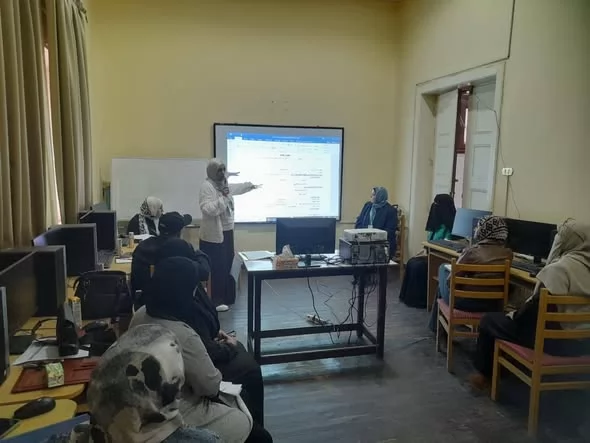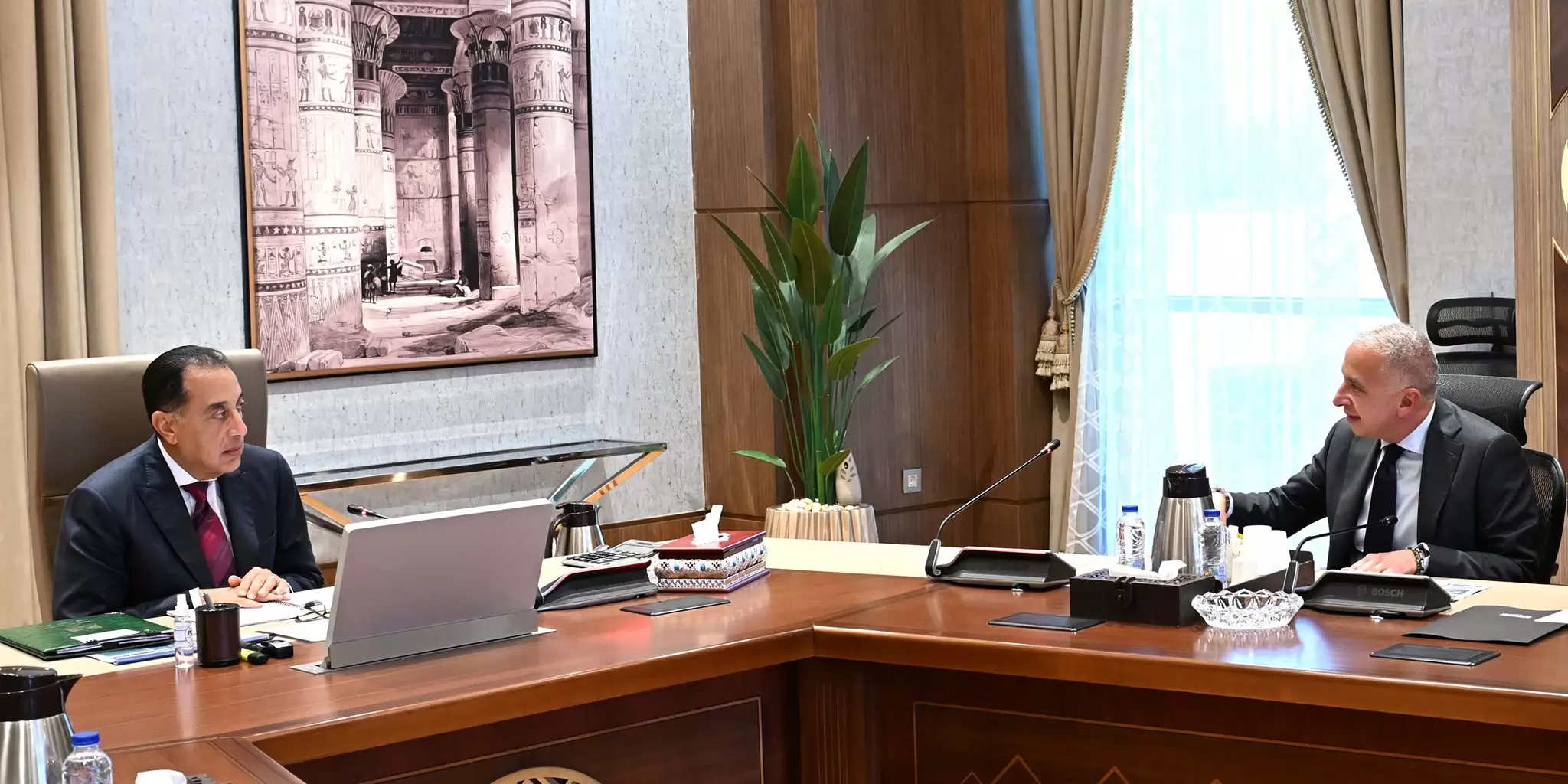
In Love of Egypt
The New York Times, the official spokesman for homeland traitors”
The American newspaper “The New York Times” and its website continue to publish periodic reports attacking Egypt, its president, and its ruling regime
After publishing an article titled “The New York Times: The Official Spokesman for Traitors to the Homeland” in response to a report that criticized Egypt about a month ago, they have done it again with a new report written by the same duo
One of the writers, an Egyptian named Emad Mekki, displays his Brotherhood tendencies through phrases dripping with venom, malice, and hatred towards Egypt, its president, and its government
The second writer is Vivian Yee, the newspaper’s correspondent in Cairo and the Middle East; so I will continue my response to these offensive report under the same title
The new report is, to say the least, naive and lacks basic principles of professionalism and credibility. Such content should not be published by a major newspaper like The New York Times.
But this happens when the writing rudder is led by individuals with a biased agenda. They become enraged whenever they witness achievements on Egyptian soil and seize any opportunity to criticize Egypt and everything related to it.
The authors’ disappointment and ignorance of investigative journalism are evident as they resort to lies they alone believe and promote day and night, hoping to gain traction domestically or internationally.
The report’s authors failed to convince anyone, big or small, of their justifications for attacking the Egyptian government.
Their malicious intentions were clear when they mentioned that after arresting a technician on Faisal Street in Giza Governorate for broadcasting offensive scenes on a street screen, the authorities said he acted on orders from an “opposition Islamic group” that Egypt described as a terrorist organization.
The report refers to the terrorist Muslim Brotherhood as an opposition Islamic group, ignoring its history of bloodshed and deceit.
Their biases are further revealed when the report claims that President Abdel Fattah El Sisi, who came to power through the military’s seizure of power in 2013, promised stability but failed due to power outages, a matter that doubts the government capabilities.
The authors seem blind and deaf to the June 30 revolution, when over thirty million Egyptians took to the streets, demanding the removal of the terrorist Brotherhood and calling on the then Field Marshal Sisi to save Egypt. This revolution followed a year of misrule by the Brotherhood, whose incompetence led to widespread frustration.
The report also misleadingly attributes Egypt’s economic challenges solely to the Ukrainian war, ignoring the significant economic achievements made on Egyptian soil. Despite global economic downturns, Egypt’s economy remains resilient, meeting the basic needs of its people and investors, paying off foreign debts, and attracting foreign investments.
In addition, revenues from the Suez Canal have fallen by more than 70%. However, the economy of Egypt is firm and meets the basic needs of Egyptians, factory supplies, enterprises and investors, and pays off its foreign debt. Foreign investment has increased to become the most attractive Egypt for such investment in Africa, The UNCTAD report published by the world business journal Business Insider.
This is supported by reports from international economic institutions praising Egypt’s economic performance, such as the Central Bank of Egypt’s report on record-high foreign exchange reserves and the reduction of external debt. The external debt fell by more than $14 billion for the first time.
The authors also fail to recognize the national projects being implemented in Egypt, which aim to rebuild the homeland, improve infrastructure, and confront security challenges, including terrorism in Sinai.
The report tries to sow discord between the Egyptian people and their leader, questioning President Sisi’s ability to maintain public support despite widespread international recognition of his efforts.
In conclusion, this naive report represents another lapse in the American media’s approach, which has become a mouthpiece for those who wish to harm Egypt.
To The New York Times, its website, the authors of the report, and their ilk in the American and European press, we say: your anger will not deter us. Egyptians stand united behind President Sisi, committed to rebuilding the homeland and achieving prosperity for current and future generations.












